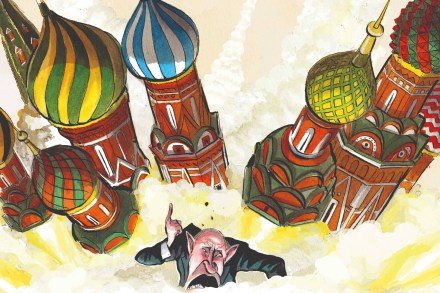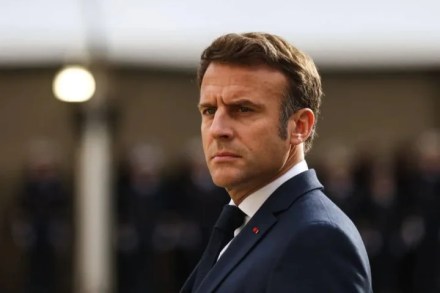Will the Tories copy Le Pen?
In the three years since its landslide victory in the 2019 election, the Conservative party has shed nearly seven million voters. The astonishing statistic was revealed in a report by the centre right think-tank Onward, released on the same day Rishi Sunak became Prime Minister; at least he’s in no doubt as to the scale of his challenge. To stave off disaster, Onward’s Will Tanner (a former adviser to Theresa May while she was PM) said the Tories must aim to hit a ‘sweet spot’: by appealing to the six in ten voters who are ‘left of centre on the economy, but…socially and culturally conservative’. This year Marine Le Pen’s





















